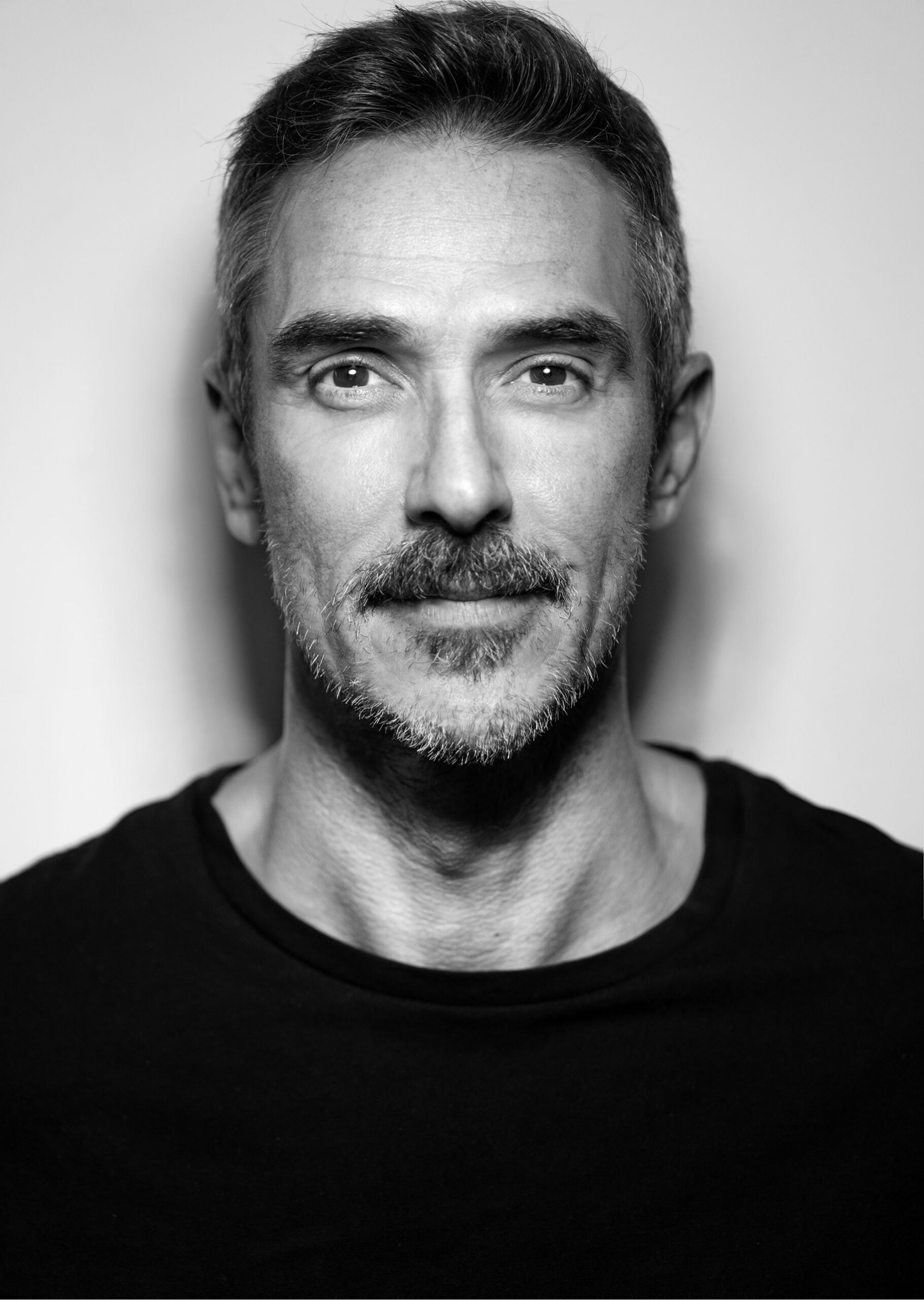For private practitioners, dentistry is a gentle balancing act between providing safe and quality oral healthcare, and running a business based on other people’s wellbeing, including their own and that of their staff. A business is always a business, and healthcare is always healthcare, which means it’s crucial that patients understand the investment that goes on behind the scenes of a private dental practice when questioning why a dental appointment is so expensive.
Dentistry as a health service and a private business
Let’s start by tackling the issue of oral health costs head on: what’s behind the increasingly high prices of dentistry? First and foremost, I would like to demystify a common belief: a dentist is a doctor whose specialty is the oral cavity. Not many professions permit the practise of such a huge array of interventions as a dentist license because dentistry can take many forms, while also influencing general health, both directly and profoundly.
In Portugal, where I’m based, most dental clinics are private, meaning most dentists establish their own prices and create their own ecosystem for work. This means that in addition to being a health service, a private dental clinic is a business: it aims to provide a high-quality service and offer patients a better overall experience than he or she would have in a public hospital.
A dentist working at a public hospital (or even a dentist working at a pre-established dental clinic) doesn’t have to worry about procurement, legal issues, materials – it’s all there, they work with what they’re given. They bring in their skills and become part of a pre-existing ecosystem, working for either a flat salary or a commission, or both.
The financial challenges of setting up a dental practice
However, if a dentist wishes to set up their own ecosystem, their own private dental clinic, there’s tremendous work to do. A dentist doesn’t have a degree in Business Management, which means they’re facing a huge challenge right from the start. To set up a private practice, a dentist must find a location, negotiate rent, find an architect, engineers, designers, builders, procure technologies, hire a professional and complete staff, purchase great materials, obtain licenses… The energy behind business development is scary, especially since a dentist’s main mission is to, and put very simply, fix people’s teeth. This leads us to realise the value of small business owners, those working hard to provide a great dedicated service.
And, even if patients have no idea what goes on behind the scenes, they want to feel like they’re being treated in the best possible way. A dentist, who is now a business owner, must make sure there is equity to ensure their clinic stays afloat if something goes wrong. Ultimately, this means that good dentists provide amazing service not only when they work passionately at their craft, but also when they’re committed to using the best materials on the market, to owning state-of-the-art technology, to continuously investing in their education. In a field of constant innovation and in a world where it’s important to always be up to date, these efforts cost time and money. How often does your dentist participate in conventions or courses to further their knowledge? How often does your dentist upgrade their materials? Does your dentist have the best technology available? If the answer to any of these questions is yes, well the costs of these investments must be mitigated somehow – and that’s done by practicing fair prices.
Understanding behind the scenes investments
To understand cost, the consumer must understand investment. The materials need to be upgraded, hygiene and safety protocols must be met, licenses must be renewed. The fee a patient pays includes the costs of the comfortable chair, the drill, the gloves, the lighting, the equipment, the hour rate, the dentist’s training, taxes, etc.
Simply put, the reason why public hospitals and private clinics have such different rates for seemingly similar services is that they don’t require the same investment. A public hospital dentist sees dozens of people a day, provides subsidised services (either by the state or insurance companies), while a private practitioner does not. And even if a dentist practises in a private clinic, in partnership with an insurance company, that subsidised value (that the patient will surely enjoy!), is being taken directly from their fee.
In order to practice Slow Dentistry – gold standard dentistry focused on patient wellbeing – a dentist can’t be ticking boxes, seeing dozens of people every day, and working under pressure. By working this way, a dentist is not creating a positive impact on people’s health and is ultimately jeopardising their own. While I believe working with socialised dentistry is a great opportunity to help an underprivileged part of society access healthcare, it’s my personal belief that government efforts would be best applied to educational campaigns and raising awareness, to solving the root problem.
My heart goes out to all the small private business owner dentists out there, putting their blood, sweat and tears into their clinics. I feel duty-bound to ensure that the doctors at my clinic continuously upgrade their knowledge, that my staff is taken care of, that all safety measures are met, that everything runs like clockwork.
As a dental patient, next time you visit the dentist, do your homework: follow the money. Remember, you’re not just paying for an appointment, you’re paying for the entire ecosystem of that practice. Think about everything you love about your dental clinic, and the behind the scenes investments necessary to make that happen.






